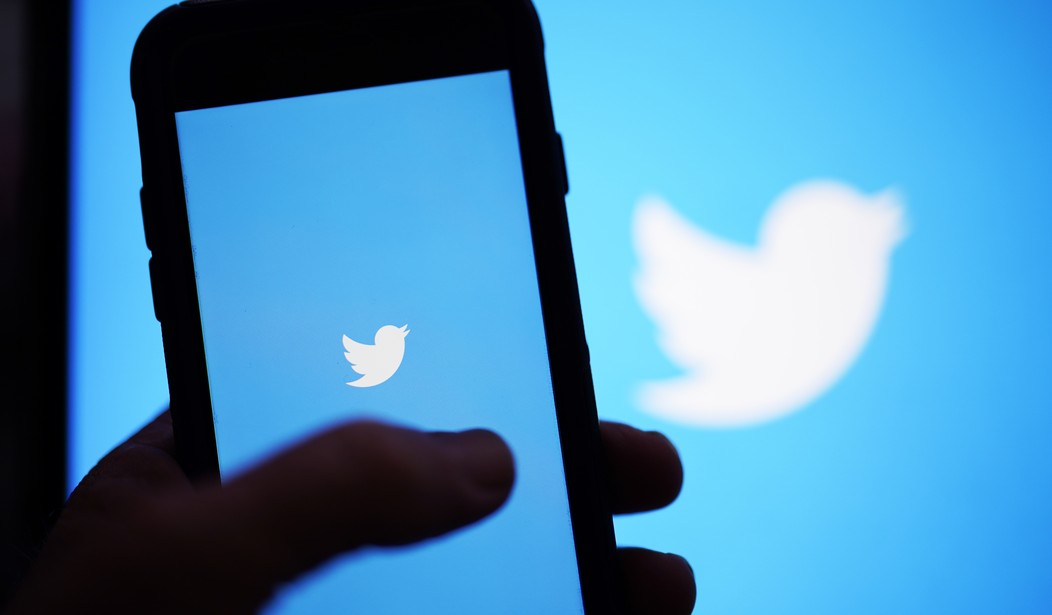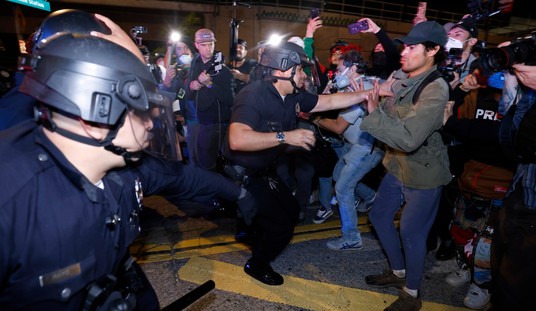It’s about time that conservatives took a step forward in the battle over Big Tech censorship. The U.S. Fifth Circuit Court of Appeals last Friday upheld Texas’ law against politically-biased censorship on social media, which was passed in 2021.
This could possibly be a milestone in the effort to prevent social media platforms like Facebook and Twitter from silencing right-leaning views on their sites. However, there might be questions as to how beneficial this legislation might be for those targeted by the Twitter Gestapo.
The Texan reported:
House Bill (HB) 20 prohibits technology companies from censoring users based on viewpoint, defined as “any action taken to edit, alter, block, ban, delete, remove, deplatform, demonetize, de-boost, regulate, restrict, inhibit, inhibit the publication or reproduction of, or deny equal access or visibility to expression, to suspend a right to post, remove, or post an addendum to any content or material posted by a user, or to otherwise discriminate against expression.”
Net Choice and the Community Industry Association filed a lawsuit against the state in 2021, arguing that the legislation violated the First Amendment rights of Big Tech companies. They contended it would force them to allow “harmful” speech on their platforms.
HB 20, the law in question, allowed users who were suppressed by a particular platform to sue the company that censored them.
Another district court in the Lone Star State originally suspended the law. The state appealed to the Fifth Circuit. In May, the court issued a preliminary injunction on the lower court’s ruling, which allowed the legislation to proceed. But the Supreme Court stayed that injunction, which meant the law was still in limbo until the Fifth Circuit court gave its full ruling on the matter.
“In urging such sweeping relief, the platforms offer a rather odd inversion of the First Amendment,” the panel of judges ruled. “That Amendment, of course, protects every person’s right to ‘the freedom of speech.’ But the platforms argue that buried somewhere in the person’s enumerated right to free speech lies a corporation’s unenumerated right to muzzle speech.”
“On the platforms’ view, email providers, mobile phone companies, and banks could cancel the accounts of anyone who sends an email, makes a phone call, or spends money in support of a disfavored political party, candidate, or business,” the judges continued.
“Today we reject the idea that corporations have a freewheeling First Amendment right to censor what people say,” the panel of judges concluded.
One of the arguments the plaintiffs used was related to censoring terrorist propaganda, Holocaust denial, and arguments in favor of Nazis. The panel addressed this argument by pointing out that “HB 20 expressly permits the Platforms to censor any unlawful expression and certain speech that ‘incites criminal activity or consists of specific threats’ — not to mention any content the Platforms are authorized to censor by federal law.”
Judge Leslie Southwick dissented on part of the legislation.
“I conclude Section 7’s anti-discrimination provisions are an unconstitutional infringement on the Plaintiffs’ rights to edit or remove, after the fact, speech that appears on their private Platforms,” she asserted. She continued:
“[The Constitution] does mean that when the social media Platforms who are in the business of speech make decisions about which speech is permitted, featured, promoted, boosted, monetized, and more, they are engaging in activity to which First Amendment protection attaches. Balance and fairness certainly would be preferable, but the First Amendment does not require it.”
The debate over censorship has been broiling for years, with Big Tech companies showing their bias by censoring those who express points of view that conflict with the left. Indeed, in several cases, these companies have blatantly tried to influence the outcomes of elections. The most recent high-profile example is the Hunter Biden laptop story that was suppressed by Facebook and Twitter.
While this ruling might be a welcome sign, there might be difficulty when it comes to enforcing the law. If someone’s account is suspended, how will they prove it was due to political bias? The company could simply lie and make up some rule that the person violated. Moreover, it seems only people with money would be able to launch such a lawsuit. In that case, perhaps they could find evidence of bias in the discovery period. But it still would be tough to enforce.
Nonetheless, this is at least a step towards stopping Big Tech from using its influence to push a political agenda. Perhaps this will lead to more steps towards protecting conservative voices on the interwebs.














